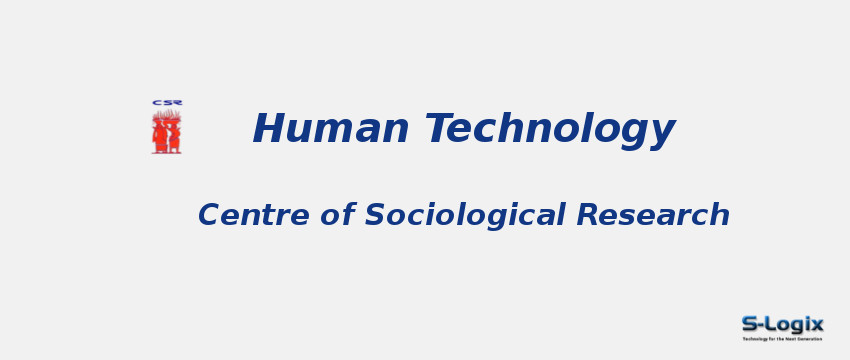Journal Home: Journal Homepage
Editor-in-Chief: Kristiina Korjonenâ€Kuusipuro
Print ISSN: 17956889
Electronic ISSN:
Abstracting and Indexing: Scopus
Imapct Factor :
Subject Area and Category: Computer Science, Human-Computer Interaction, Psychology, Social Psychology, Social Sciences, Communication
Publication Frequency:
H Index: 16
Q1:
Q2: Communication
Q3:
Q4:
Cite Score: 4.0
SNIP: 0.577
Journal Rank(SJR): 0.342
Latest Articles: Latest Articles in Human Technology
Guidelines for Authors: Human Technology Author Guidelines
Paper Submissions: Paper Submissions in Human Technology
Publisher: Open Science Center, University of Jyvaskyla
Country: Finland
